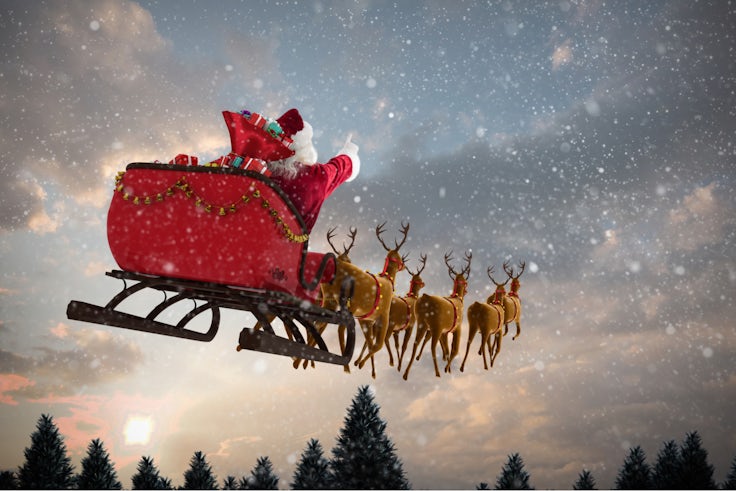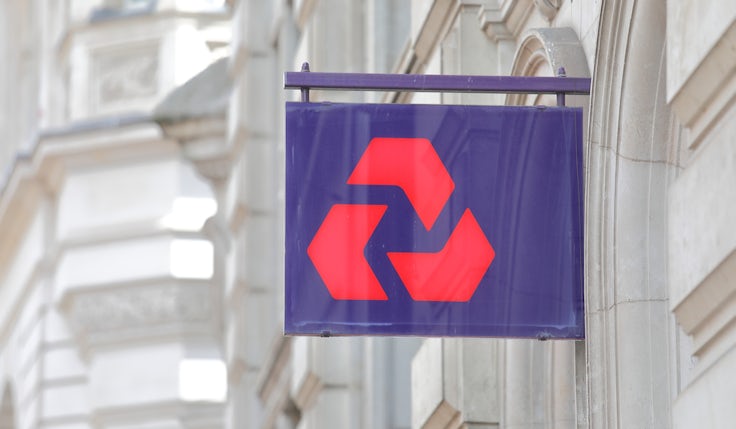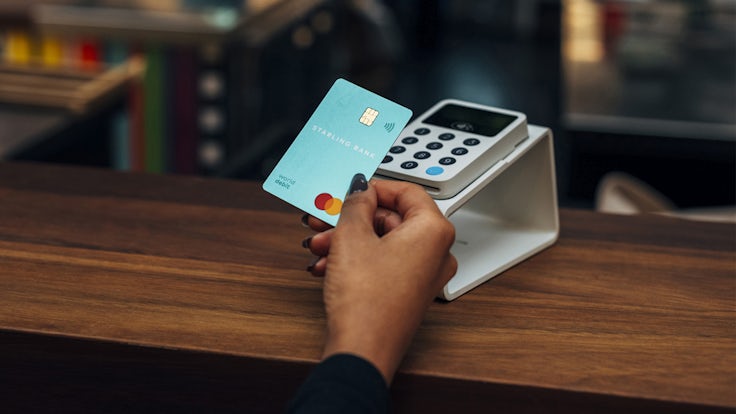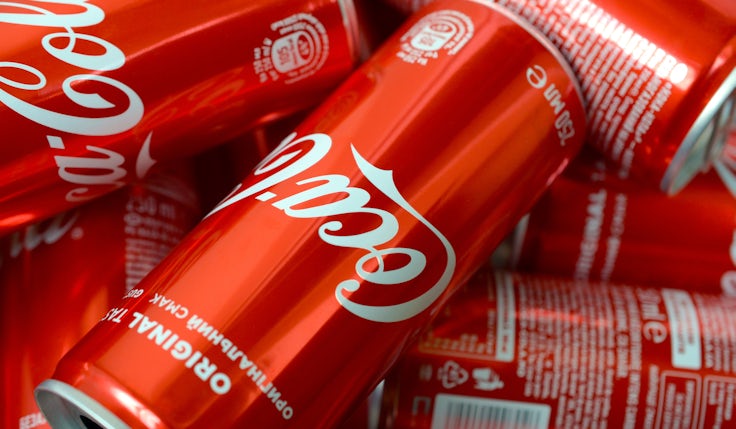Coca-Cola, tech giants, Christmas ad spend: 5 things that mattered this week and why
From Coca-Cola’s move into hard seltzer to NatWest’s ‘messy middle’ problem here’s everything you need to know this week.
 Christmas ad spend drops due to Covid-19
Christmas ad spend drops due to Covid-19
Covid-19 has undoubtedly rocked the ad world and the decline in spend shows no signs of easing despite Christmas.
Investment over the festive period could drop by more than 10% this year as retailers rein in spending, according to new figures from the Advertising Association and WARC. That is £724m lower than last year and the worst decline since 1982, when the data was first compiled.
This is hardly surprisingly given the impact of Covid-19 but also highlights the cautious approach advertisers are taken even in the golden quarter.
It will be interesting to see how brands approach Christmas this year with smaller budgets. Perhaps it will spark more innovation? Will it be a sombre reflection of the times or serve as a more upbeat distraction?
Hopefully advertisers have used some of their smaller pot on research to ensure it strikes the right chord with consumers this year.
READ MORE: Christmas ad spend to fall by 10% as brands rein in spending
Coke to enter alcohol market with hard seltzer
It was once thought the alcohol market was a big no-go for Coca-Cola. Yet the company is now about to enter the sector in the UK with the launch of hard seltzer brand Topo Chico.
Hard seltzers have become big business in the US, with sales predicted to growth by 270% this year. It’s a sector both big name brands such as Budweiser and Smirnoff, and upstarts such as White Claw are helping to grow. But it’s one that hasn’t yet taken off in quite the same way in the UK.
Coca-Cola will be hoping to change that as part of its strategy to explore “dynamic beverage categories”. And hope it can help boost the business after its decision to cut what it called “zombie” brands and tighten its innovation focus.
NatWest’s ‘messy middle’ problem
 This week we ran the first interview with NatWest Group’s new CMO Margaret Jobling. Hers is an interesting role; NatWest Group is in many ways a new company with a new CEO, new purpose, new strategy and new name. Yet it is still trying to shake off the ghosts of RBS and the last financial crash.
This week we ran the first interview with NatWest Group’s new CMO Margaret Jobling. Hers is an interesting role; NatWest Group is in many ways a new company with a new CEO, new purpose, new strategy and new name. Yet it is still trying to shake off the ghosts of RBS and the last financial crash.
Jobling is an insightful as ever on the role of marketing within an organisation and how to make its corporate purpose work across its brands. She joins a company that understands brand marketing, has a good split between long-term and short-term efforts, and the sort of scale many could only dream of.
One area, however, where she wants to focus is the “messy middle”. NatWest Group, she believes, is good at awareness and good at conversion, but has work to do getting consumers from one to the other.
It’s a challenge faced by many looking for a single customer view. Econometrics does a great job on the brand and above-the-line work, attribution modelling on conversion. The big question is how to get a process that aligns the two.
It’s one the marketing industry is struggling to answer. As Adam&EveDDB’s group head of effectiveness Les Binet recently admitted to us, there is a need for “somebody to produce a method that unites both kinds of analysis”. Then maybe marketing will finally be able to solve that messy middle problem.
READ MORE: NatWest’s new CMO on purpose, leadership and making banking more human
Top 40 culturally-relevant sporting brands named
 Cultural relevance is a tricky concept to measure, sitting somewhere between purpose and desirability. The people at sports creative agency Ear to the Ground have given it a good go though, compiling a Fan Intelligence Index top 40 list of the most culturally relevant brands in sport.
Cultural relevance is a tricky concept to measure, sitting somewhere between purpose and desirability. The people at sports creative agency Ear to the Ground have given it a good go though, compiling a Fan Intelligence Index top 40 list of the most culturally relevant brands in sport.
The agency defined six key characteristics before working up the list, with driving positive change (55%) the most important, followed by disrupting the norm (37%), celebrating sports heritage (33%), standing for something (29%), instigating cultural collaboration (23%) and forming authentic partnerships (23%).
Sportswear giant Adidas came out on top, edging out Jordan to claim the number one spot. Then came the NBA, the Premier League and Nike. FC Barcelona, the LA Lakers, Liverpool FC, EA Sports and the Chicago Bulls make up the rest of the top 10.
Nike’s position at number five might surprise some and obviously splitting the brand with its Jordan offshoot takes away a large chunk of its power, but Ear to the Ground has the Three Stripes ahead of the Swoosh, rewarding in particular the continued ability of Adidas to back up big social statements with deeds.
READ MORE: ‘Evolve or die’: Meet the brands winning the race for cultural relevance
Profits soar at the tech giants
 The tech giants of Amazon, Apple, Alphabet (which owns Google) and Facebook have had a good pandemic. The combined profits of these four companies hit $38bn (almost £29bn) in the third quarter despite the global economic slowdown and greater political scrutiny.
The tech giants of Amazon, Apple, Alphabet (which owns Google) and Facebook have had a good pandemic. The combined profits of these four companies hit $38bn (almost £29bn) in the third quarter despite the global economic slowdown and greater political scrutiny.
All four posted earnings that exceeded expectations, with Amazon’s profits reaching $6.3bn, Apple $12.7bn, Alphabet $11.2bn and Facebook $7.8bn. Amazon has benefitted from the shift to ecommerce during Covid while both Alphabet and Facebook saw advertisers turn to digital in pursuit of sales. Only Apple had profits decline as fewer people bought iPhones, its main profit driver.
However, everything is not as rosy as it first appears. Most gave dim outlooks for future growth, after a day being grilled by the US Senate commerce committee over accusations of anti-Republican bias. Google is also facing an antitrust investigation. Plus there are ongoing questions over their roles in the upcoming US election, propagation of fake news and hate speech.
 Christmas ad spend drops due to Covid-19
Christmas ad spend drops due to Covid-19







Comments